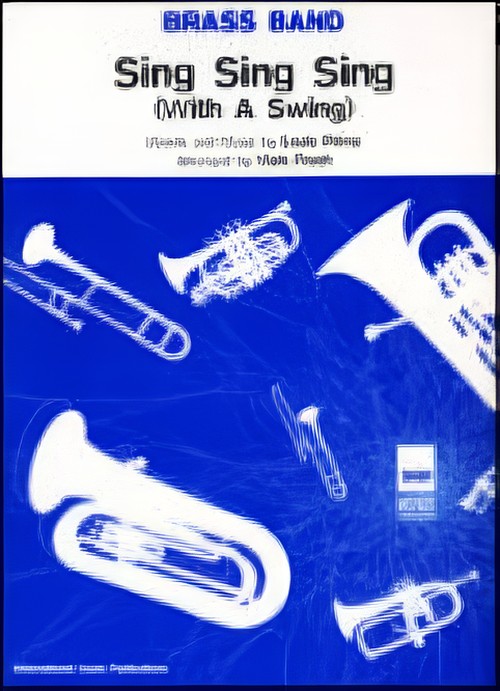We've found 618 matches for your search. Order by
Results
-
 £40.00
£40.00Sing, Sing, Sing (Brass Band - Score and Parts) - Prima, Louis - Freeh, Mark
Sing, Sing, Sing', written in 1936 by Louis Prima, has become one of the definitive songs of the big band and Swing Era. Although written by Prima, it is often most associated with Benny Goodman. Easily accessible to concert audiences due to its big beat and showy drum breaks structure, this arrangement by Mark Freeh is a welcome inclusion in any concert programme.Suitable for Advanced Youth/3rd Section Bands and aboveDuration: 6.00
Estimated dispatch 7-14 working days
-
 £40.00
£40.00 -
 £40.00
£40.00 -
 £40.00
£40.00 -
 £40.00
£40.00Stantonbury Festival (Brass Band - Score only) - Steadman-Allen, Ray
A three-movement suite in the composer's approachable style. Though not difficult to play the whole band is fully employed throughout making both rehearsal and performance enjoyable.Suitable for fourth section bands and above.
Estimated dispatch 7-14 working days
-
 £40.00
£40.00 -
 £40.00
£40.00 -
 £40.00
£40.00 -
 £40.00
£40.00The Barber of Seville (selection) (Brass Band - Score and Parts)
-
Estimated dispatch 7-14 working days
-
 £40.00
£40.00
